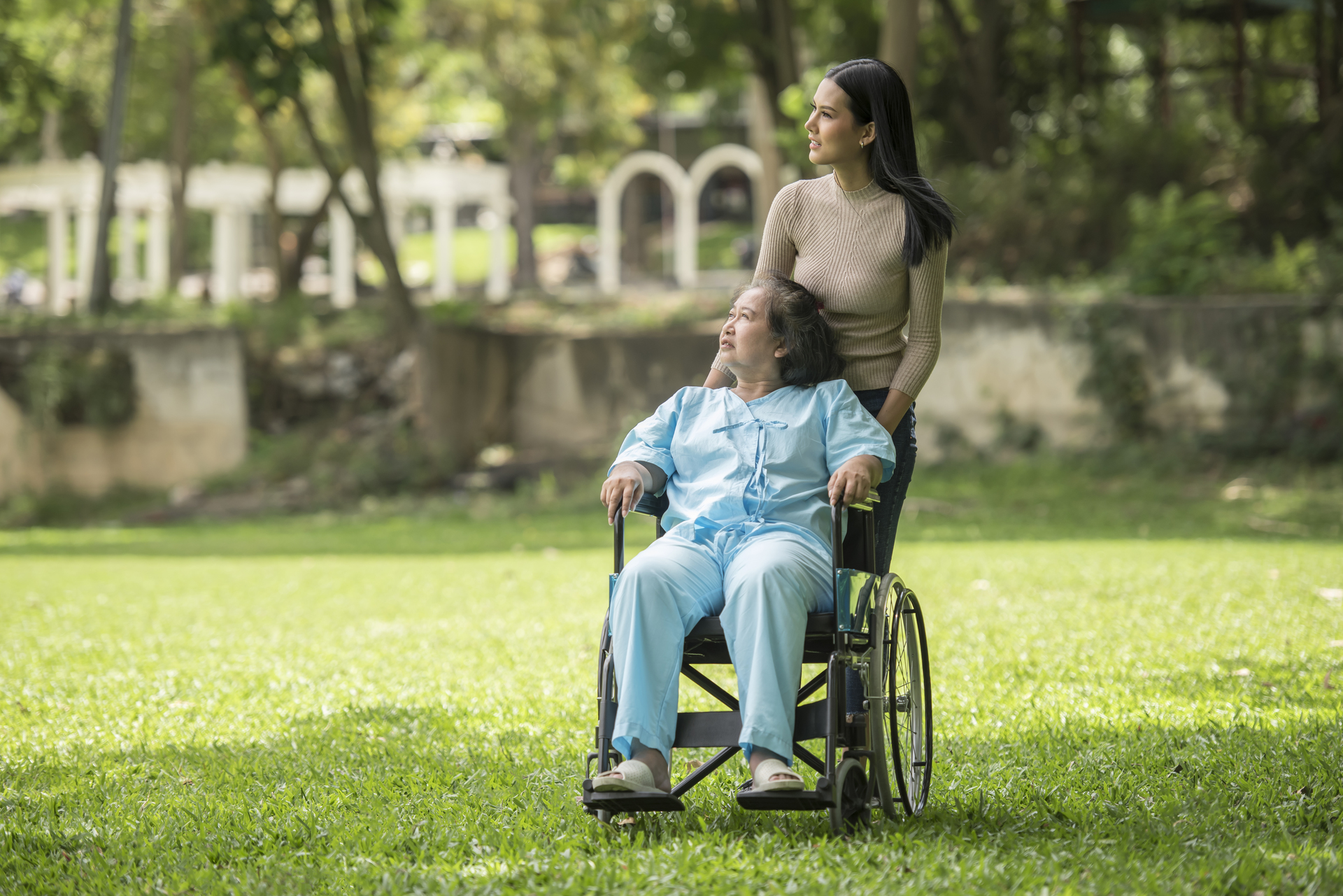
What is end-of-life planning / counseling?
End-of-life planning and counseling are both services that help prepare individuals for death. These can include many different elements, including outlining your wishes for what to do if you become incapacitated and what financial or health decisions should be made in such an instance. These plans can help ease the burden faced by your loved ones when you pass away largely by sorting out legal, health, and financial matters as thoroughly as possible before your death. End-of-life counseling and planning are also effective and important ways to come to terms with your illness and your eventual end and can be beneficial for your family members as well.



